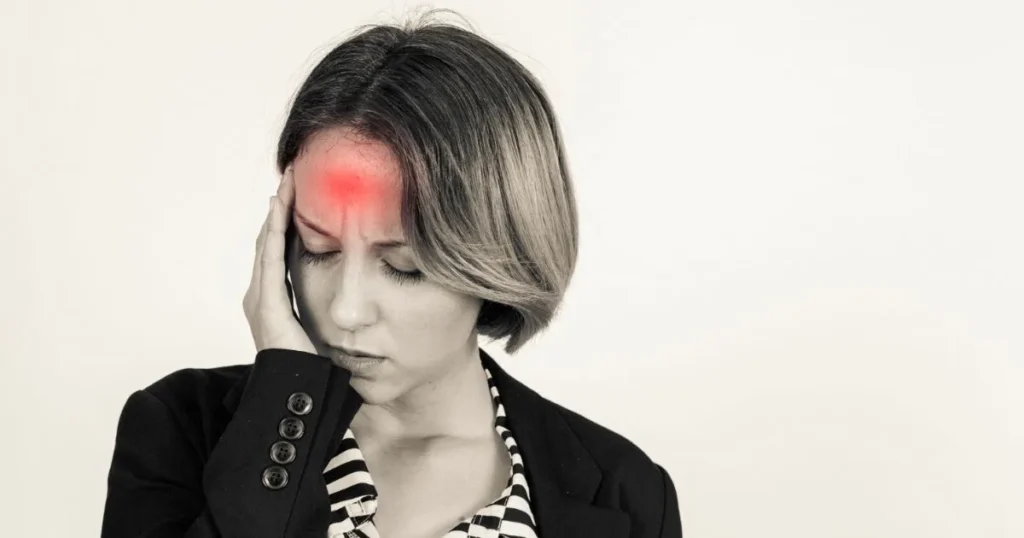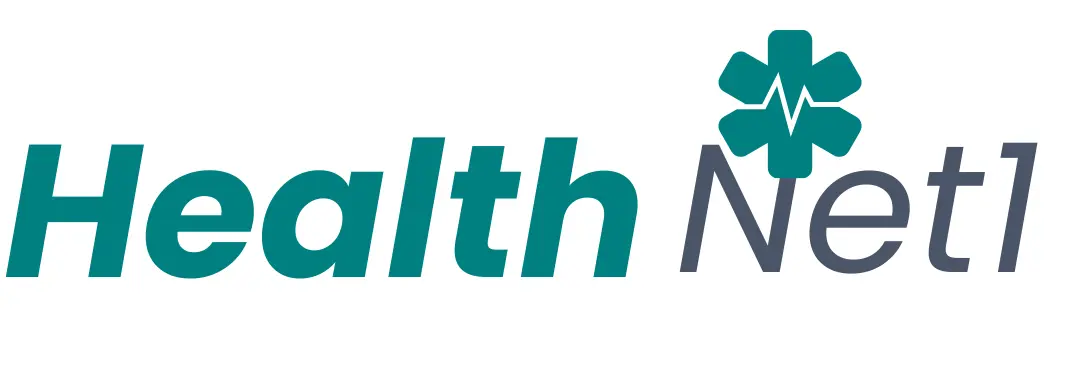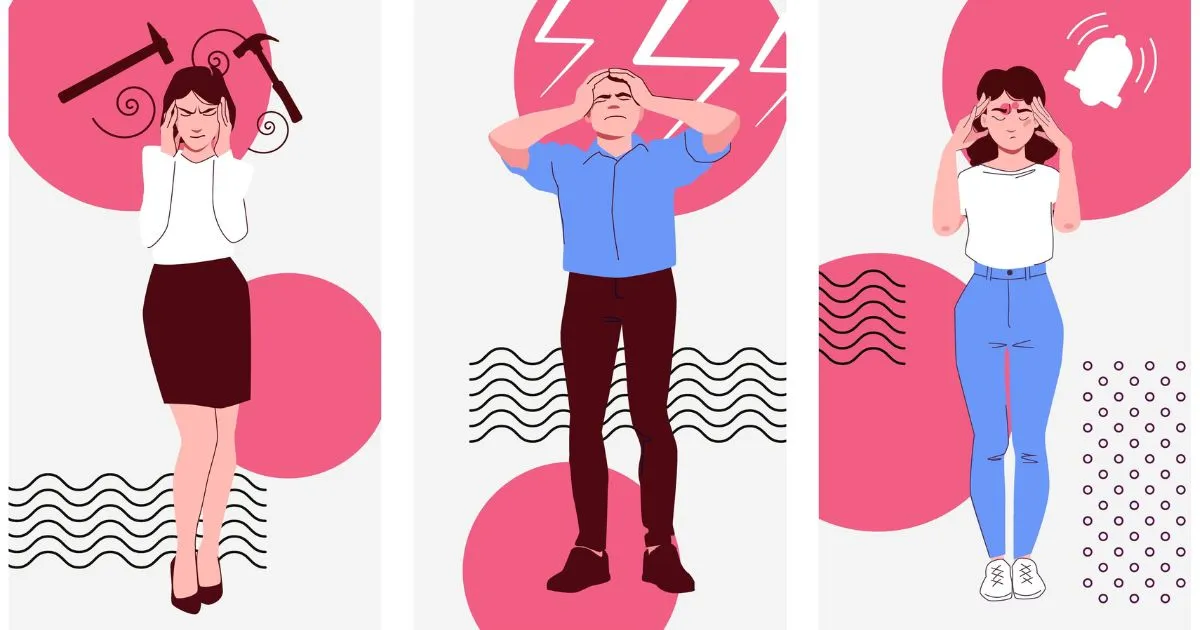You’ve felt it again—you stand up, and the world tilts. Your heart skips a beat, and for a moment, you’re afraid. You wonder: Could this unpleasant dizziness be tied to your high cholesterol? It’s a question that nags at you, especially when your doctor continues to warn you about the dangers of elevated lipid levels.
Table of Contents
Let’s walk through this together. You’re not imagining things—you deserve clarity. This article explains, in clear, relatable terms, how high cholesterol and dizziness may be connected. You’ll discover the biological links, warning signs, when to seek help, and exact steps you can take. Here’s your guide to understanding the truth—and taking control.
What Is High Cholesterol and Why It Matters to You
Defining High Cholesterol
Cholesterol isn’t all bad—your body needs it for cell function, hormone production, and vitamin D synthesis. The problem arises when levels of “bad” cholesterol (LDL) climb too high, while “good” cholesterol (HDL) dips too low. Here’s what you need to know:
- Total cholesterol: Measures all types of cholesterol in your blood.
- LDL (Low-Density Lipoprotein): Known as “bad” cholesterol; levels above 130 mg/dL are risky.
- HDL (High-Density Lipoprotein): The “good” kind; values below 40 mg/dL for men or 50 mg/dL for women are concerning.
- Triglycerides: A type of fat in your blood; ideally under 150 mg/dL.
You might wind up here for various reasons:
- Genetics
- Diets high in saturated/trans fats
- Sedentary lifestyle
- Smoking and extra pounds
Why It Can Be Dangerous
Unchecked high cholesterol leads to plaque building inside your arteries—a process called atherosclerosis. This thickening:
- Narrows vessels, reduces blood flow
- Raises your risk of heart attack or stroke
- Impairs blood delivery to your brain
That’s why your doctor insists on blood tests and often prescribes statins or lifestyle modifications. It’s not just about heart health—it’s also about protecting your brain’s circulation.
Can High Cholesterol Cause Dizziness? Let’s Explain

Direct vs Indirect Impact on Dizziness
You may hope for a simple answer: No, cholesterol doesn’t directly twist your inner ear—but indirectly, yes, it can trigger dizziness. Here’s why:
- Plaque buildup ≠ oxygen delivery
If your arteries are clogged, blood may not flow efficiently to your brain. - Blood pressure fluctuations
Narrowed vessels can spike or drop your blood pressure, leaving you lightheaded. - Mini-strokes (TIAs)
Tiny clots can briefly disrupt circulation in your brain—dizziness can be a red flag.
Poor Circulation Equals Dizziness
Think of your brain as a bustling city—unless roads (arteries) are clear, deliveries (oxygen, nutrients) are late. Common symptoms include:
- Lightheadedness
- “Floating” feeling
- Brief episodes of unsteadiness
These can be mistaken for fatigue or low blood sugar—except they’re often linked to underlying vascular issues.
Common Causes of Dizziness in People With High Cholesterol
If you’re struggling with both cholesterol and dizziness, several contributing factors may be at play:
1. Hypertension (High Blood Pressure)
High blood pressure and high cholesterol often coexist. Hypertension magnifies the dizziness factor by:
- Pressurizing vessels
- Causing sudden blood pressure spikes
- Triggering lightheaded episodes
2. Medication Side Effects
Your cholesterol-lowering pills—such as statins, beta-blockers, or blood thinners—can have side effects:
- Common: fatigue, muscle weakness, dizziness
- Monitoring during the adjustment phase is critical
3. Dehydration and Poor Nutrition
If your diet lacks fiber and fluids, and your meals lean heavily toward processed foods, you’re setting the stage for digestive and circulatory distress. Dehydration alone can drop blood pressure and cause dizziness.
4. Stroke or Mini-Stroke (TIA)
Silent but serious, TIAs may present as:
- Sudden dizziness
- Speech trouble
- One-sided weakness
- Loss of balance
These symptoms warrant immediate medical evaluation.
Here’s a quick reference table:
| Symptom | Potential Cause |
|---|---|
| Lightheadedness | Blood pressure fluctuation |
| Spinning sensation | Inner ear or brain circulation issues |
| Unsteady walking | Neurological or vascular issue |
Red Flags: When to See a Doctor Immediately
You shouldn’t shrug off dizziness—especially if it comes with warning signs:
- Chest pain or heaviness
- Blurred/double vision
- Slurred speech or one-sided weakness
- Recent spike in cholesterol or blood pressure
- History of heart disease or stroke
According to Mayo Clinic’s guidelines, such signs require emergency attention .
Managing High Cholesterol and Preventing Dizziness
Here’s your action plan—simple, targeted, and effective:
1. Lifestyle Changes You Can Honestly Stick With
- Dietary patterns:
- DASH: Emphasize fruit, veg, lean protein
- Mediterranean: Olive oil, fish, whole grains
- Aim for 150 minutes/week of moderate exercise (walking, cycling, swimming)
- Ditch tobacco, limit alcohol
- Stay hydrated: Aim for 8–10 glasses/day
2. Medical Treatment: What’s Right for You
Your doctor may recommend:
- Statins (e.g., atorvastatin)
- Ezetimibe
- PCSK9 inhibitors
- Blood pressure meds if coexisting hypertension
Routine checkups and bloodwork matter—especially in the early stages of treatment, to catch any side effects or hydration issues early.
3. How to Track or Prevent Dizziness
- Slow down when standing—be gentler on your cardiovascular system
- Keep a dizziness diary: Date, time, activity, symptoms
- Stay aware of patterns (med changes, food, hydration)
- Communicate any repeated episodes to your provider
Other Causes of Dizziness to Consider
Not all dizziness ties back to cholesterol. Let’s rule out other possibilities:
- Vestibular (inner ear) issues
Benign Paroxysmal Positional Vertigo (BPPV), Meniere’s disease - Anxiety or panic attacks
Racing heart, hassle breathing, lightheadedness - Low blood sugar (hypoglycemia) or anemia
Shakiness, sweating, shallow breathing
If anything else seems off, your doctor may order balance tests, blood panels, or scans.
FAQ: Can High Cholesterol Cause Dizziness and Related Concerns
1. Can high cholesterol cause dizziness every single day?
Rarely. Persistent dizziness often signals uneven circulation, dehydration, or medication side effects. It’s not usually a direct cause—but it can contribute.
2. Is dizziness a definitive sign of heart issues or cholesterol problems?
Not definitive, but it’s a sign you shouldn’t ignore. Especially if you have other risk factors—such as family history, high blood pressure, or diabetes—get evaluated promptly.
3. What does cholesterol-related dizziness feel like?
More “light-headed” than “spinning.” It may come on when:
- You rise abruptly
- You’re dehydrated
- Your blood pressure fluctuates
4. Can cholesterol meds cause dizziness—and is it normal?
Yes, it’s a known side effect during the early phase of statins or blood pressure meds. If it’s mild, it often subsides—unless symptoms persist, then speak with your healthcare provider.
5. How do I track if my dizziness relates to cholesterol?
- Take note: when, what, how long
- Monitor BP
- Log food/drink/meds
- See a pattern? Share it with your doctor
Conclusion: Take Back Control—One Step at a Time
Dizziness can feel intrusive. But armed with knowledge, you can pinpoint what’s happening—and why. High cholesterol doesn’t usually cause dizziness directly, but it can weaken your vascular health and leave you vulnerable. By adjusting your diet, staying hydrated, monitoring meds, and checking in regularly, you reduce your risk—and clear your head.
Don’t let ballooning cholesterol and unwelcome dizziness define your day. You have the power to change your body’s course, one healthy habit at a time.
Your Next Move: Take Action Now
Here’s what you can do today:
- Book a cholesterol check
- Kickstart a gentle exercise routine
- Create a Symptom & Dizziness Journal
- Review medications with your care provider
- Join a support group or trusted wellness community
Use the button below to download a free tracker, and join our weekly newsletter for expert tips that help you breathe easier—and stand taller.
Trusted Medical Sources Referenced:
- CDC – Cholesterol Facts
- American Heart Association
- Mayo Clinic
- Johns Hopkins Medicine
- NIH – MedlinePlus
Disclaimer: This article offers general health information—not medical advice. Please consult a licensed healthcare provider with your symptoms.

